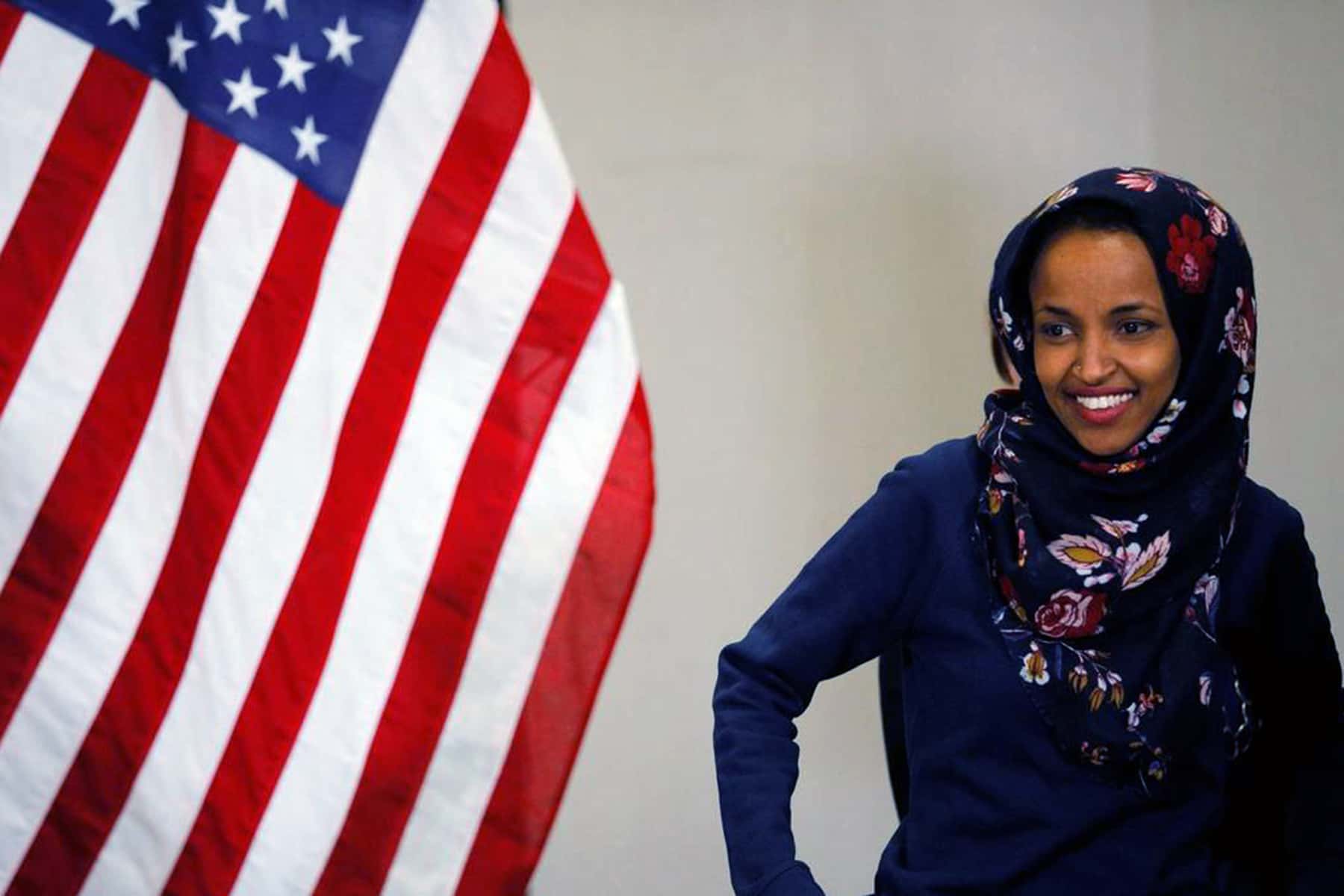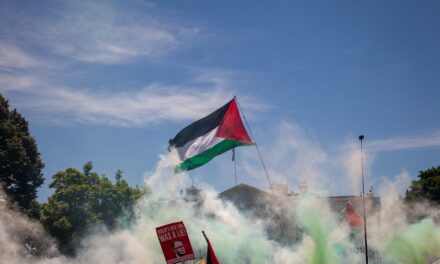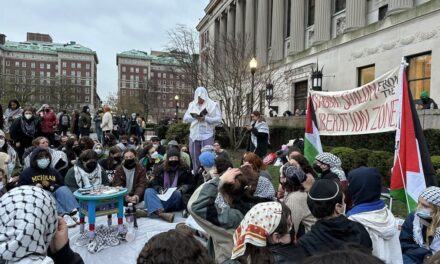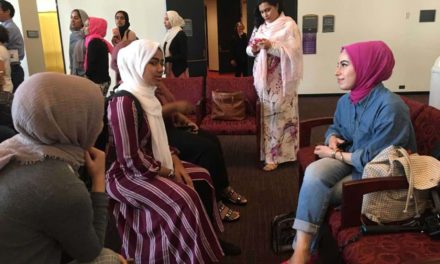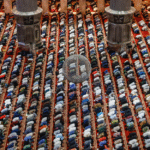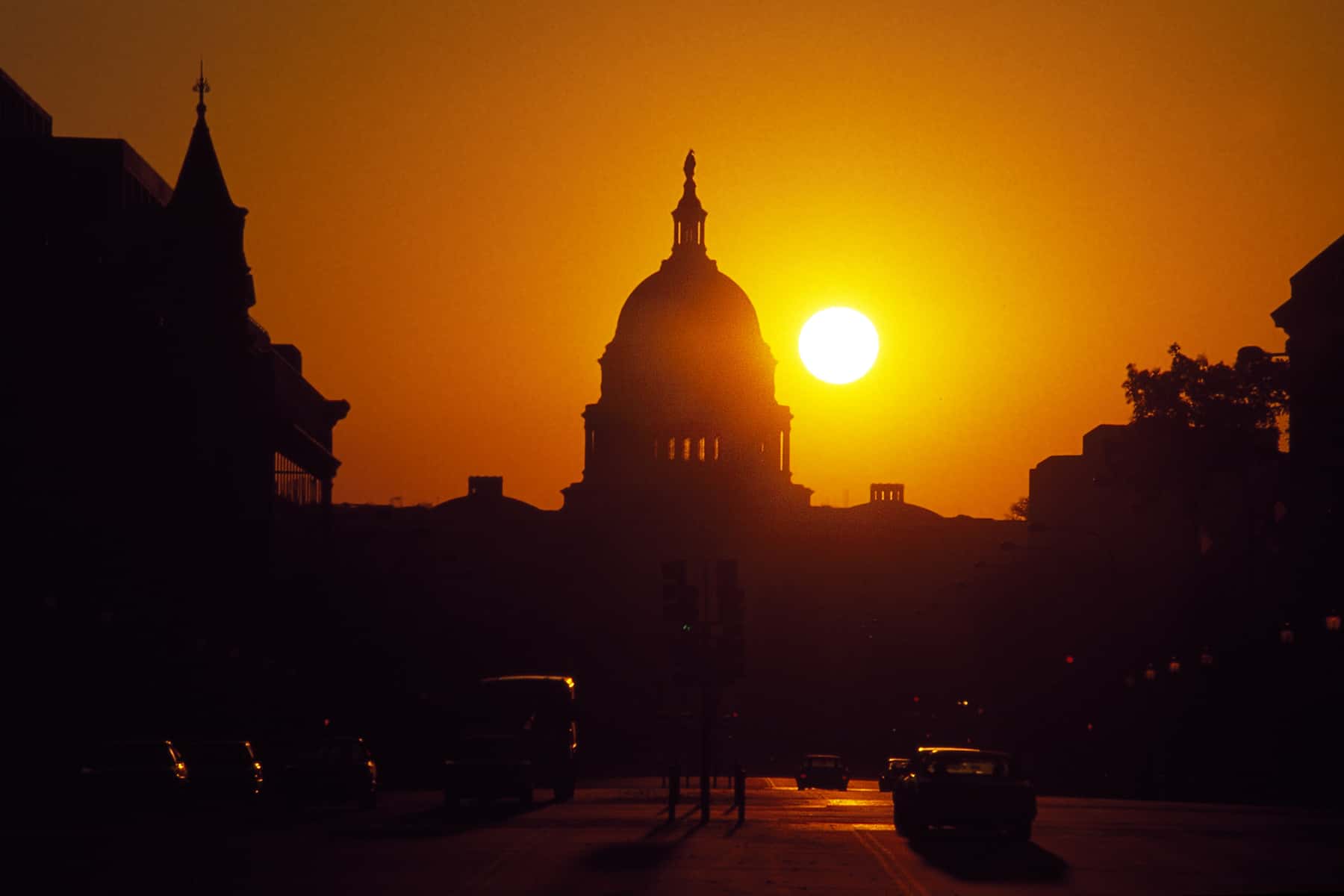
Saudi Arabia has a singular political taste that is a marker of the kingdom’s readiness to go at any length to discredit and silence perceived hostility.
The historic election of two Muslim women to the US Congress caused waves of celebration in the Muslim World. But while Muslim voices within and without the US congratulated the newly elected congresswomen, Riyadh begged to disagree.
Still failing to leave behind the apparently unyielding shadow of Jamal Khashoggi, Riyadh is now facing another accusation: the kingdom does not relish the prospect of Muslim Americans whose voice matters in America’s highest places.
According to a damning article published by Foreign Policy on December 11, Saudi Arabia is using conservative American outlets and a host of Saudi-funded media to discredit Somali-American Ilhan Omar, one of the now famous minority politicians who made history in the recent US midterm elections.
While US-based Riyadh-affiliated media accuse Omar of turning the American Congress into an “Islamic republic,” pro-Riyadh Mideast-based outlets suspect her of being a Muslim Brotherhood sympathizer. The “organized attacks,” the “fake news” and “conspiracy theories” aiming to discredit Omar and a number of rising Muslim politicians come “specifically from Saudi Arabia and the United Arab Emirates,” according to the Foreign Policy article.
It continued: “Academics, media outlets, and commentators close to Persian Gulf us senates-governments have repeatedly accused Omar, Rashida Tlaib (another newly elected Muslim congresswoman), and Abdul El-Sayed (who made a failed bid to become governor of Michigan) of being secret members of the Muslim Brotherhood who are hostile to the governments of Saudi Arabia and the UAE.”
Using the “Anti-Trump” card, the reported accusations from UAE and Saudi Arabia-affiliated corporations seek to convince the Trump administration and conservative Americans that the newly elected Muslim American congresswomen are dangerous for the US. The congresswomen stand accused of conspiring with the Democratic Party, which they represent, to introduce political Islam in the US.
But why would Saudi Arabia and the UAE, two predominantly Muslim countries, conspire against and defame America’s rising Muslim politicians?
According to Foreign Policy, there are mainly two reasons why the rise of America’s “history-making” Muslim congresswomen irked the two Gulf States.
One reason is that the politicians in question have been critical of a number of Saudi policies and positions on both Muslim and global affairs. Their past criticism of a number of Riyadh’s deeds and policies was construed as hostility to the oil-rich Arabian Gulf kingdoms.
Just hours within Omar’s election, Faisal al-Shammeri, a cultural advisor at the Saudi Arabian Cultural Mission to the US, said to Foreign Affairs: “She will be hostile to the Gulf and a supporter of the political Islam represented in the Brotherhood in the Middle East.”
Another reason Saudi Arabia and its allies feel threatened by prominent US Muslim politicians is that their stories are a source of inspiration for the Middle East’s democracy-hungry youth.
By defying the odds of the congressional election, their rise to prominence is a symbolic but telling rebuttal of the argument that Muslim nations are not ready for “Western-style democracy.”
While elites in the Persian Gulf and other predominantly Muslim countries continue to hide behind “Muslim tradition” to shun any prospect of democratic reforms that give space to youth and status-quo-questioning voices, politicians such as Omar uproot the “democracy is not for Arabs” narrative.
“People would not have access to power in their countries but they would if they leave; this destroys the argument by Sisi or bin Salman,” El Sayed, an Egyptian-American, told Foreign Policy.
The suggestion, the article concluded, is that the democracy-supporting and “independent” Muslims in the West may use their platform to impact change in their regions and countries of origin.
While Saudi Arabia has not responded to the accusations, the kingdom’s resort to the Muslim Brotherhood card to discredit critics is not news to Mideast observers. Knowing that the controversial Islamist group is negatively seen by many Western governments, including the US, Riyadh has traditionally painted dissidents as Brotherhood supporters.
Most recently, when the global backlash over Jamal Khashoggi’s murder started reaching worrying proportion and damaging the reputation of the hitherto idolized and revered Mohammed bin Salman, Riyadh started speaking of the slain journalist as “a dangerous Islamist.”
But Saudi Arabia’s effort to discredit Khashoggi proved monumentally unsuccessful. While MBS is still facing global isolation, US-based Time Magazine named Khashoggi—along with other journalists whose audacious reporting put them in harm’s way in their countries—as 2018’s persons of the year.
Tamba François Koundouno
Originally published as Saudi Arabia at War with America’s Rising Muslim Politicians
